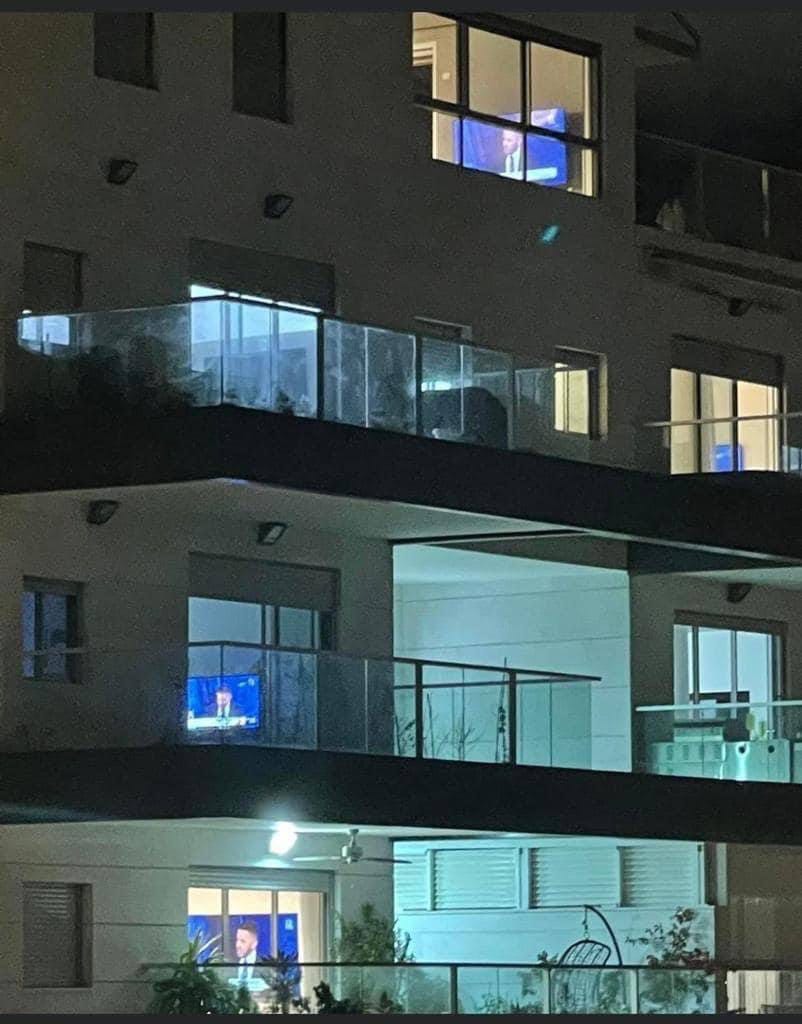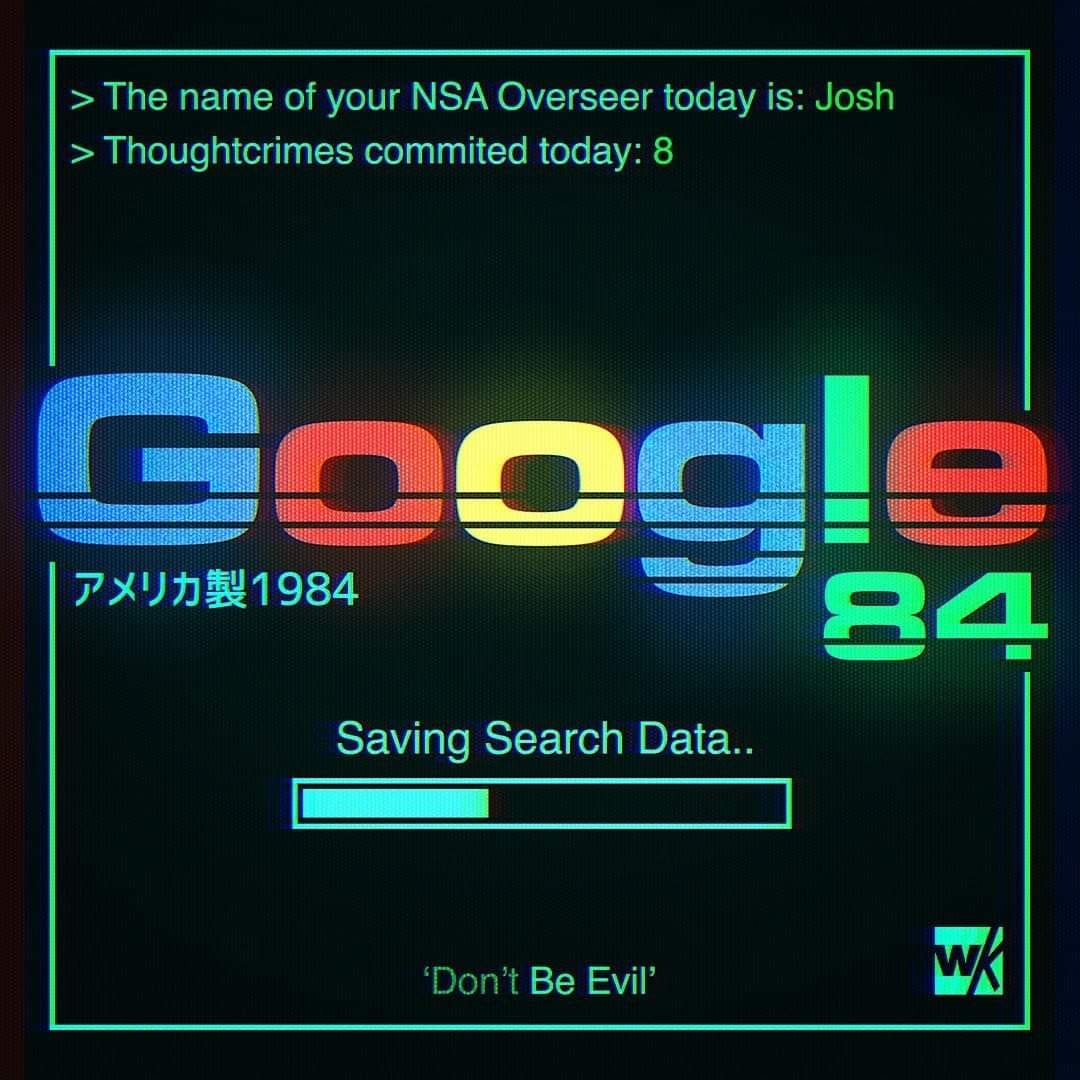This is a very interesting video by Endeavour. He compares two Canadian PSA films, made twenty years apart. They are effectively “the original” and “the remake”, since they utilise the same narrative device and techniques and handle the same issue. Thus, they are a perfect way to compare the Canadas of 1999 and 2019.
(Before I get to the actual meat, a quick tangent. I noticed that the CGI in the 2019 version is barely, if at all, better than that in the 1999 version. If something as prominent in modern culture as CGI has not improved in 20 years, that would seem to confirm the observation that we have been stultified since the year 2000.)
While the 1999 version was aimed at children (being broadcast on children’s TV channels) the 2019 version is aimed at adults (its associated website even has a section explicitly for parents). Ironically, given the 20-year gap, we can assume that the two PSAs are actually targeting the very same generation: people who were children in 1999 and young adults in 2019.
The message of the 1990 PSA is that, if you are not careful, you can get tricked into believing things that are not true, especially if the person telling you those things sounds authoritative. Therefore, it is important to always “think critically”, even with things you are told by so-called experts. In effect, it is warning against placing too much trust in those who are, formally speaking, “above” you in society’s hierarchy.
The fascinating observation Endeavour made is that the 2019 PSA, while ostensibly doing the exact same thing as its 1999 predecessor, actually does the diametrically opposite thing. It tells people not to think for themselves, but to trust “the experts”, whether that be Wikipedia, scientists, the government, the mainstream media, or accredited “fact-checkers”. By contrast, the 1999 version specifically says that people can be duped when they place too much trust in authority. While it effectively said “don’t believe everything you see on TV”, its successor effectively says “believe only what you see on TV”. The first warns about the danger of corrupt or dishonest experts, the second asserts that experts are your only defence against corruption and dishonesty.
While the 1999 version assumed a level of intelligence and discernment in the general public and sought to encourage those qualities, the 2019 version does the opposite, advising people to switch their mental faculties off. The only “thinking” you are supposed to do is that the powerful are correct, trustworthy and reliable, and are in fact your only source of safety in a world of foolish people like yourself. In contrast to its predecessor, the 2019 version assumes a public that is stupid, gullible, and constantly at risk of letting itself down and (or rather, by) defying the powerful.
This change, over a period of just 20 years, is simply remarkable. When Zoomers wonder why Millennials have nostalgia for the 1990s, this kind of thing serves to show that life really was different then.
Now, it can be argued that in 1999 the powerful also distrusted the public’s ability to think, so took to persuading them via flattery (eg. “we know you’re smart, so of course you’ll think X”). This is true, but it only makes the change in dynamic more ominous. Whereas, in 1999, the powerful felt they had to pretend to respect the public, today they don’t. Today they brazenly talk down to them, and even openly tell them not to trust their own judgement - eg. “we know you’re not smart, so you need to be told to think X. But don’t worry, we’re here to do just that”.
It gets worse when we click on the website that is linked from the 2019 PSA. While the film delivers the short insult, this website does the heavy lifting and really puts the knife into any idea you had that you were fit for this “thinking” malarkey. Called “Break the Fake” in a cutting reference to “fake news”, the website was funded at least in part by the Canadian government, which then as now operated under the seemingly eternal loving care of Justin Trudeau.
One of the first things on the website is a video which tells you, in not so many words, to entrust your critical thinking to Google and accredited fact-checkers. To be fair, it does also advise to check whether a claim has been made by multiple outlets or just one (potentially rogue) outlet, but that is the only good advice it gives, and even then, in this age of systematic censorship, multiple outlets corroborating a true claim can be hard to find, unless the claim is one that Google (and Trudeau) want you believing. Otherwise, Google will censor it, deboost outlets which promote it, and boost outlets which “fact-check” it. (And Trudeau will call people racist for complaining about this.)
Next, the website has a dedicated section on COVID-19, which has presumably been added since it went online in 2019. I couldn’t bring myself to click on that.
The website lists three tests to check whether you are “really thinking critically”. You might expect such tests to be things like: “how well does the theory fit the known facts?” or “does the theory have the ring of truth or does it even seem absurd?” or “does the theory make internal sense?” or "how much does the theory explain?” Not at all. Here are the tests:
What do I already think or believe about this? [testing for confirmation bias]
Why do I want to believe or disprove this? [testing for wishful thinking]
What would make me change my mind? [testing for willingness to believe otherwise]
Note that these tests relate, not to the theory itself, but to the mind that evaluates the theory.
Even the third test, which could be worded as a test of the theory - “how could this theory be proven false?” - is instead worded as a test of you - “are you willing to change your mind, or are you committed to believing this theory come what may?”
The other two tests are even worse, being entirely about your motivations for believing something. While motivation is certainly relevant (nobody is as logical as they think they are) it strikes me as sinister to make this the only concern. In isolation like this, it seems more like gaslighting, browbeating the person into doubting their own ability to think and even trying to persuade them that the very motives which drive their thinking are dubious - until tested otherwise.
If you wanted a picture of an authority with contemptuous paranoia about the general public, there it is. It is one thing for them to believe the public are stupid, but for them to openly tell the public (in effect) that they are stupid... is just staggering. A teacher of five year-olds probably accords them more respect than the governments of the modern West accord their citizens. The teacher would encourage her pupils to “work it out for yourself”; the modern governments explicitly tell people “don’t try to work it out for yourself”.
But of course there is another dimension to the message. The full version is: “don’t try to work it out for yourself, and don’t listen to anyone's explanation of it except ours”. This relates to the “democratising” effect that the Internet exerted upon society between 1999 and 2019. Enabling a multiplicity of outlets to offer explanations for things, the Internet enabled a multiplicity of rivals to the central power, potential threats to its stranglehold. Well, it turns out that democratisation is not what it was cracked up to be. In fact, democratisation is a threat to our democracy.
At the same time, it has to be noted that there is an assumption implicit in making PSA films like this, even the 1999 version. To see a need for such films is to believe that the public have a tendency not to think for themselves, not to be skeptical, not to question what they are told. You could almost conclude that what we really need is a new public - a new genetic group that has been shorn of these tendencies towards gormlessness and stupidity. Such a public would be harder to control, but easier to admire.
But then, there I go, assuming that the job of ordinary people is to do their own thinking for themselves. It isn’t, really, is it? They are made to follow, made to trust. So, in a grim sense, the 2019 PSA is actually more realistic than the 1999 version. The 1999 version is the kind of thing I grew up watching, and the message - that most people are capable of independent thought - is one I thoroughly absorbed during my formative years, and perhaps that is why I find myself constantly perplexed at how people actually are.
You couldn’t say the technocrats are honest about people, but they are realistic about them.
But that takes us to the nature of the technocrats. Sociopathy bestows clarifying realism in place of empathy, both obscuring truth and obscuring the value of truth. This is the approach that an efficient predator takes towards its prey - but that is a story for another time.









Honest or not, what I find truly shocking is how insulting it is. The 1999 house hippo flattered the intellect of the audience, whereas the 2019 version essentially tells them they they're too stupid to think for themselves. This may or may not be true - in some cases it certainly is, in others it isn't - but that's beside the point, really. It isn't just that the authorities are no longer encouraging "critical thinking" (did they ever?) but that they now feel comfortable just openly telling their remaining viewership that they're stupid.
The 1999 version was a slick salesman buttering up the mark. The 2019 version is an abusive spouse hammering away at her victim's self esteem.
We are ruled by antiwhite devils. The blatant evil we are faced with is almost unbelievable.